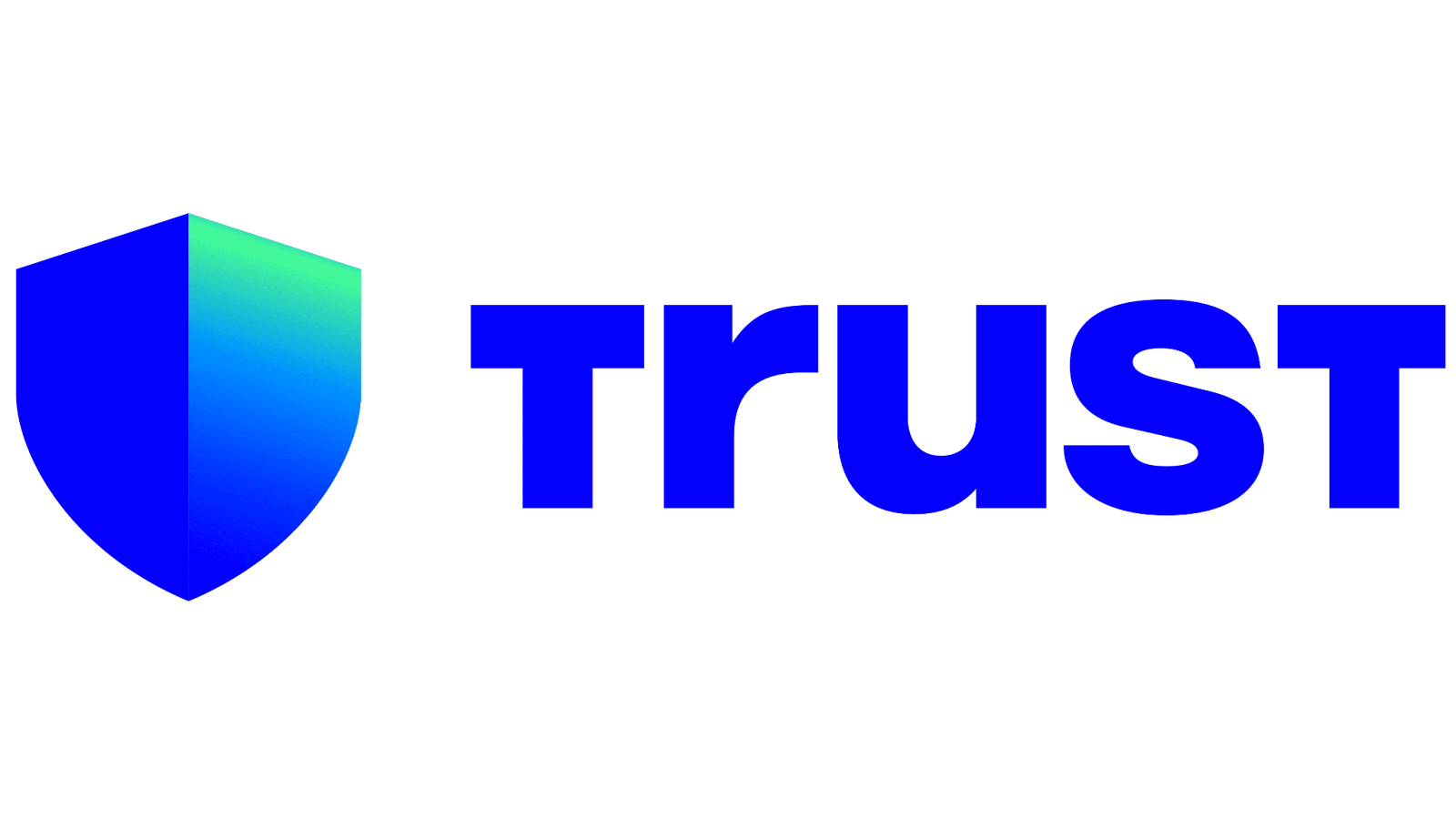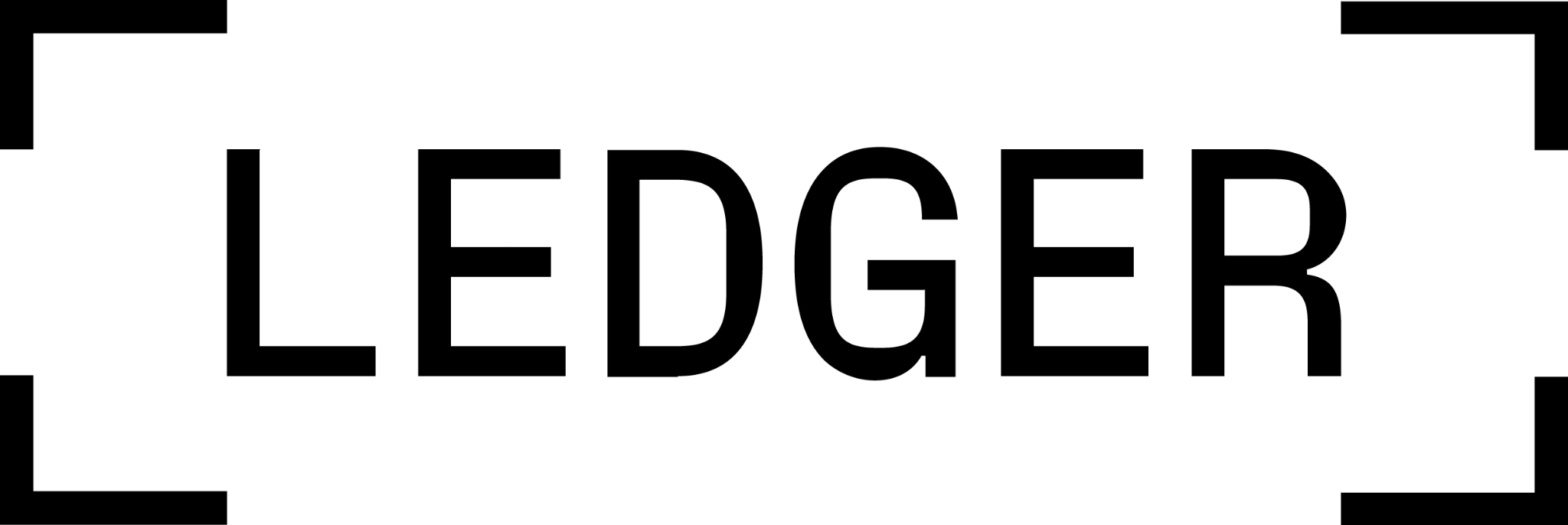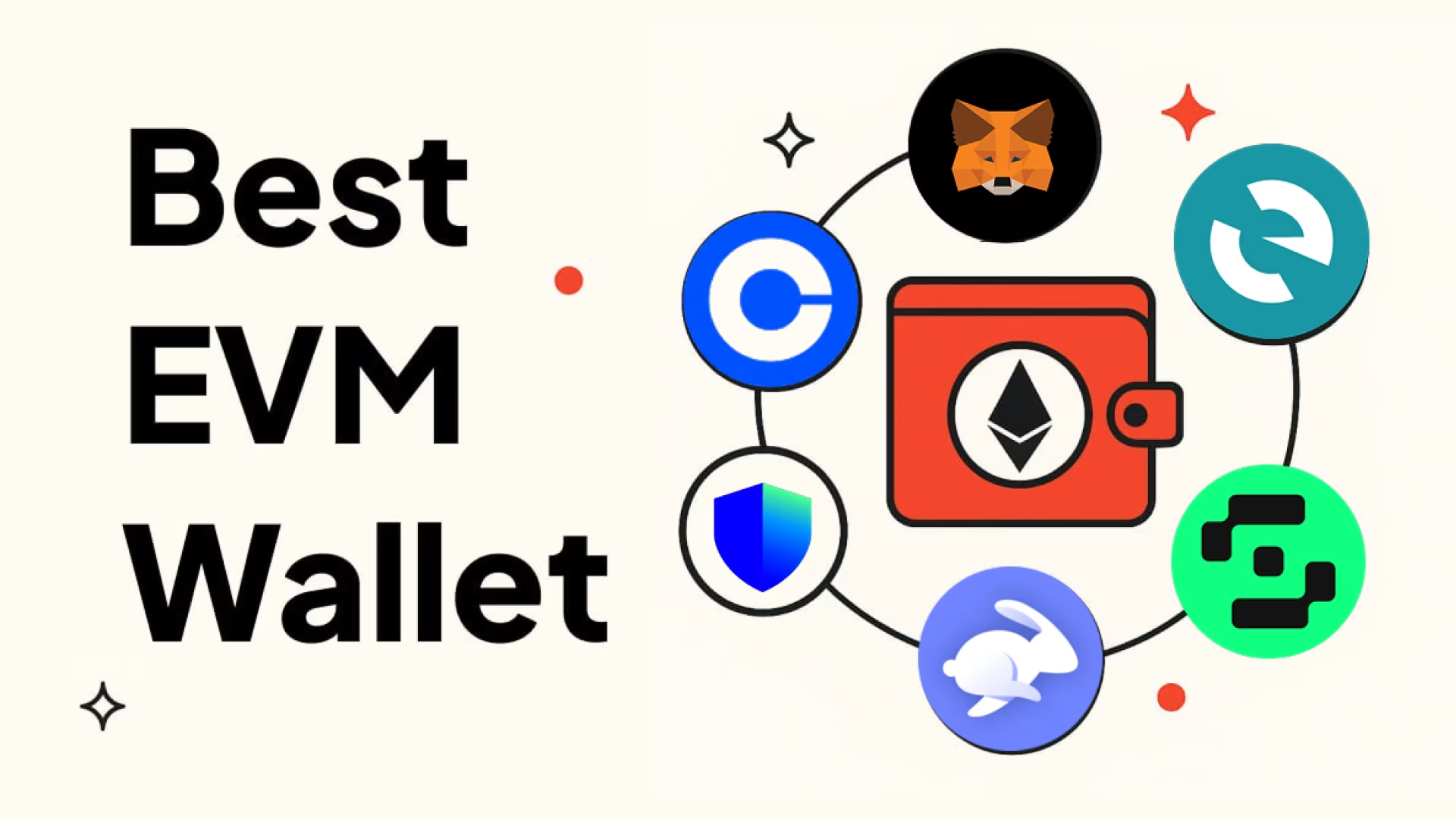Best EVM Wallets in 2025: Secure, Multi-Chain, and User-Friendly Options
In 2025, EVM wallets (Ethereum Virtual Machine wallets) remain essential for navigating Web3.
They allow users to hold ETH, manage ERC-20 tokens, and interact seamlessly with Ethereum, its Layer-2 networks, and EVM-compatible blockchains such as Polygon, Arbitrum, Optimism, and Base. Whether you are trading, staking, collecting NFTs, or managing DAO treasuries, the wallet you choose determines both your security and your user experience.
This guide explores the best EVM wallets in 2025, the different types available, and how to choose the right one for your needs.
What Is an EVM Wallet?
An EVM wallet is a digital tool that stores private keys and enables interaction with blockchains built on the Ethereum Virtual Machine. These wallets do much more than hold crypto. They connect users to decentralized applications (dApps), facilitate token swaps and bridging, allow staking and governance participation, and provide access to NFT marketplaces. In short, an EVM wallet is your passport to the Ethereum ecosystem and beyond.
Types of EVM Wallets
1. Software Wallets (Hot Wallets)
Software wallets such as MetaMask, Trust Wallet, and Coinbase Wallet are installed as browser extensions, desktop apps, or mobile applications. They are easy to set up and ideal for frequent transactions since they remain connected to the internet. However, this constant connectivity makes them more vulnerable to phishing and malware.
2. Hardware Wallets (Cold Wallets)
Hardware wallets like Ledger and Trezor are physical devices that store private keys offline. They are widely regarded as the most secure option because transactions require physical confirmation on the device. While excellent for long-term storage, they are less convenient for daily activity and involve an upfront cost.
3. Web Wallets
Web wallets such as MyEtherWallet (MEW) can be accessed directly in a browser. They provide convenience and often support hardware wallet integration, but they are also more exposed to phishing risks.
4. Smart Contract Wallets
Smart contract wallets, including Safe and Argent, run directly on the blockchain as programmable accounts. They support advanced features like multisignature approval, social recovery, and gas abstraction. These wallets are well-suited for DAOs, teams, and security-conscious users, though they can be more complex and costly to operate.
5. Mobile-First Wallets
Wallets such as Trust Wallet and Exodus Mobile are designed for smartphones. They make Web3 access highly portable and often come with built-in dApp browsers. Their convenience, however, is balanced by the security risks of mobile devices.
6. Custodial Wallets
Some users keep assets in custodial wallets provided by exchanges like Binance or Kraken. These wallets remove the responsibility of managing private keys but sacrifice full ownership. The saying “Not your keys, not your coins” still applies here.
Best EVM Wallets in 2025
MetaMask – The Market Leader
MetaMask continues to dominate with over 30 million active users. It offers broad dApp compatibility, customizable RPCs, and the new Snaps system that expands its cross-chain reach. However, default RPC settings raise privacy concerns, and its gas fee interface can be confusing for beginners.
- Pros: Widely supported, customizable RPCs, huge ecosystem of dApps, hardware wallet integration.
- Cons: Privacy concerns with default settings, confusing gas fee handling.
- Best For: Experts and DeFi users who need maximum flexibility.

Coinbase Wallet (Base App) – Beginner Friendly
- Pros: Simple setup, smooth UX, strong Coinbase ecosystem integration.
- Cons: Less customizable than other wallets, limited to Coinbase’s ecosystem.
- Best For: Beginners who want an easy entry into Web3.

Trust Wallet – Mobile First
Trust Wallet is optimized for mobile users, supporting over 100 blockchains and featuring a dApp browser. It is ideal for those who want everything in one app but is less secure than hardware wallets.
- Pros: Multi-chain support, built-in dApp browser, mobile convenience.
- Cons: Security depends on mobile devices, weaker hardware wallet support.
- Best For: Beginners and casual users who prefer mobile-first access.

Rabby Wallet – Built for DeFi
Rabby is tailored to DeFi users. Its transaction simulation and security focus make it a safer alternative to MetaMask for frequent traders. The downside is that it is less established and primarily available as a browser extension.
- Pros: Transaction simulation, strong security features, smooth DeFi experience.
- Cons: Limited adoption, browser-only, fewer integrations than MetaMask.
- Best For: Experts and DeFi power users.

Safe – The Smart Contract Standard
Safe (formerly Gnosis Safe) sets the benchmark for smart contract wallets. Its multisig and team-friendly features make it the preferred choice for DAOs and high-value portfolios. However, it is more complex to set up and can incur higher gas costs.
- Pros: Multisig security, great for teams, industry standard for DAOs.
- Cons: Complex setup, higher gas fees, not beginner-friendly.
- Best For: Experts, teams, and DAOs.

Ledger & Trezor – Hardware Leaders
Ledger and Trezor remain the most trusted hardware wallets, offering offline security and broad asset support. They are ideal for long-term investors but less convenient for everyday transactions.
- Pros: Maximum security, offline key storage, wide asset support.
- Cons: Upfront cost, less convenient for frequent use.
- Best For: Experts and long-term investors.


MyEtherWallet (MEW) – Open Source Pioneer
MEW provides transparency and flexibility, especially when paired with hardware devices. It is open source and highly customizable, though users must be vigilant against phishing websites.
- Pros: Open source, highly customizable, hardware wallet integration.
- Cons: Susceptible to phishing, less polished UI.
- Best For: Experts who value control and transparency.

Exodus – Great for Beginners
Exodus stands out for its visual interface and multi-asset support. It is perfect for those new to crypto but lacks the open-source transparency of other wallets.
- Pros: User-friendly design, supports multiple assets, good staking options.
- Cons: Closed source, less advanced features, weaker on security.
- Best For: Beginners who want a simple, all-in-one solution.

How to Choose the Right EVM Wallet in 2025
1. Multi-Chain & dApp Support
With Ethereum Layer-2s and EVM-compatible chains multiplying, multi-chain support is essential. A good wallet should let you switch networks easily and, ideally, add custom RPCs for emerging chains. MetaMask and MEW stand out for their flexibility.
2. Ease of Use
For newcomers, the interface matters as much as the features. Coinbase Wallet and Exodus offer clean, intuitive designs that make onboarding simple. Experienced users may prefer Rabby or MetaMask, which offer more customization and control.
3. Recovery Options
Traditional wallets rely on a recovery seed phrase, but this creates a single point of failure. Smart contract wallets like Safe and Argent address this with features such as multisig and social recovery, giving users stronger backup systems.
4. Transaction Features
Modern wallets are incorporating more tools to protect users. Rabby allows transaction simulation, so you can preview the effects of an action before confirming. Some wallets now support gas optimization, enabling you to pay fees in alternative tokens or consolidate actions into fewer transactions.
5. Costs & Convenience
Hardware wallets cost between $60 and $200 but provide unmatched protection for large holdings. Software wallets are free and better for everyday interactions, though they expose users to more risks. Many people adopt a hybrid approach: a hot wallet for daily activity and a hardware wallet for long-term storage.
6. Security
Finally, security is the deciding factor. A wallet must protect your private keys above all else. Hardware devices remain the gold standard for this purpose, while smart contract wallets add layers of programmable safety. Even with the most advanced tools, users must remain vigilant against phishing and scams by securing their recovery phrases and avoiding suspicious links.
Security: What You Must Know Before Choosing a Wallet
When it comes to EVM wallets, security is everything. If you hold large amounts of crypto, a hardware wallet such as Ledger or Trezor is still the safest choice because your private keys stay offline. For everyday Web3 activity, many users combine a hot wallet like MetaMask or Rabby with a hardware device for stronger protection.
If you prefer advanced features, smart contract wallets such as Safe or Argent add extra layers of security. They allow multisignature approvals, so more than one person (or device) must approve a transaction, and they offer social recovery, which makes it easier to regain access if you lose your seed phrase.
Still, even the most secure wallet can be compromised by careless mistakes. Always back up your recovery phrase offline, avoid downloading wallets from unofficial links, and double-check every dApp connection before signing. In 2025, wallets with transaction previews and phishing alerts (like Rabby) give you extra peace of mind, but personal vigilance is your strongest line of defense.
Conclusion
Choosing the right EVM wallet in 2025 depends on how you use crypto and what you value most.
Coinbase Wallet and Exodus are beginner-friendly and make it easy to get started with Web3. MetaMask and Rabby are better suited for experienced users who need flexibility and advanced DeFi tools. For those who prioritize security above all, Ledger and Trezor remain the most trusted hardware wallets, while Safe stands out for teams, DAOs, and anyone managing shared funds.
No matter the choice, security should remain the top priority. Always protect your recovery phrase, avoid unofficial downloads, and consider pairing a hot wallet for daily use with a hardware device for long-term storage. By balancing ease of use, multi-chain access, and strong protection, you can select the wallet that best fits your needs and confidently navigate the growing Ethereum ecosystem.
Learn more about Backpack
Exchange | Wallet | Twitter | Discord
Disclaimer: This content is presented to you on an “as is” basis for general information and educational purposes only, without representation or warranty of any kind. It should not be construed as financial, legal or other professional advice, nor is it intended to recommend the purchase of any specific product or service. You should seek your own advice from appropriate professional advisors. Where the article is contributed by a third party contributor, please note that those views expressed belong to the third party contributor, and do not necessarily reflect those of Backpack. Please read our full disclaimer for further details. Digital asset prices can be volatile. The value of your investment may go down or up and you may not get back the amount invested. You are solely responsible for your investment decisions and Backpack is not liable for any losses you may incur. This material should not be construed as financial, legal or other professional advice.




